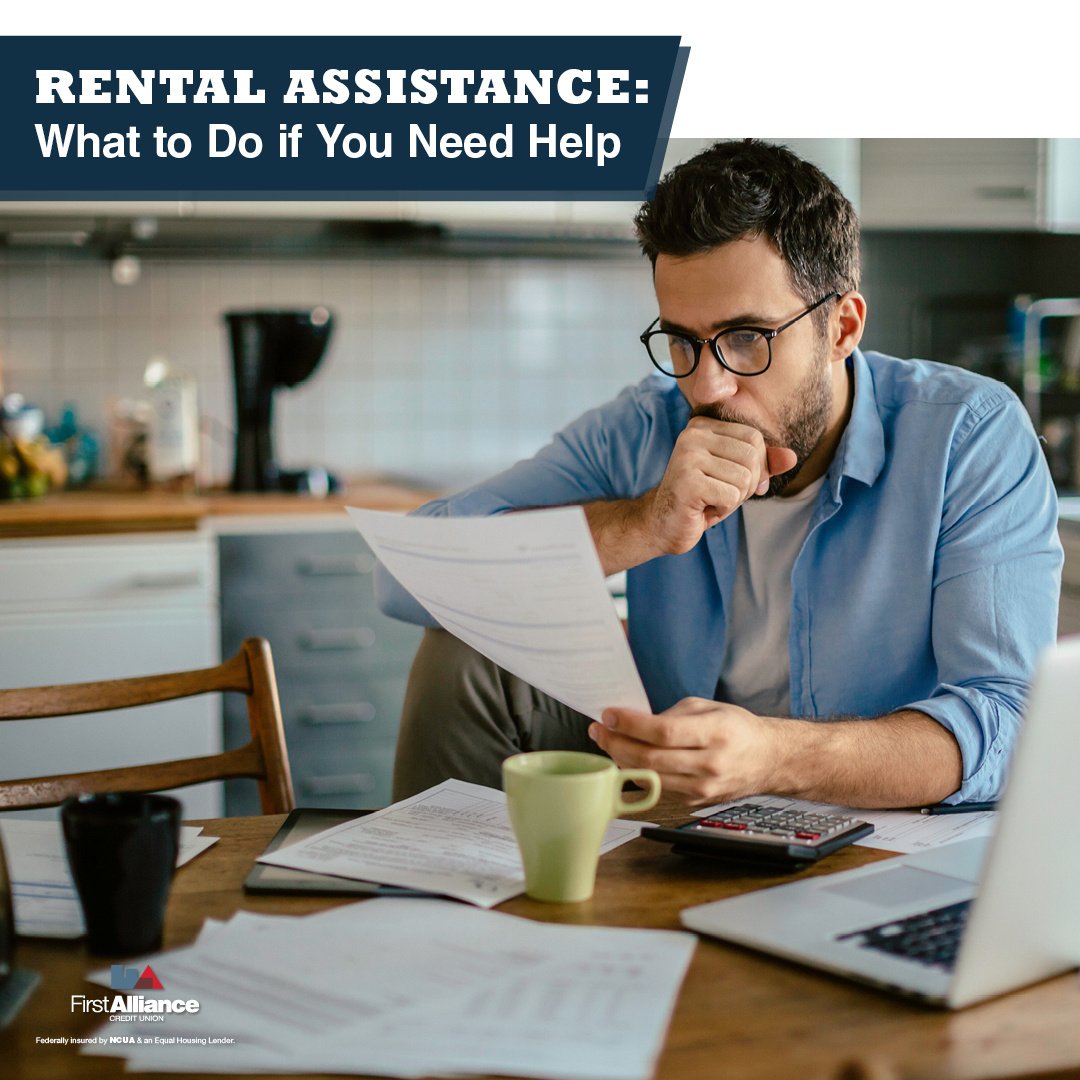Struggling to Pay Housing Bills? Here's What You Need to Know
Seeking housing assistance can be a complex, confusing process. Whether dealing with a job loss, reduced hours at work or other unanticipated...

Nothing is as scary as not being able to pay your rent. For many people, the space they’re renting is their home, and while having to move would be devastating on its own, the uncertainty of what will happen once the rent is overdue can be even worse.
You aren’t helpless, however. You can take actions to help keep you afloat financially and avoid getting evicted until you can catch up on your rent.
If you think you won’t be able to pay your rent, the first thing you need to do is evaluate your finances. Look at your expenses and prioritize your bills, with your rent being one of the top priorities. You should also prioritize food, transportation, utilities and any unsecured debts, like credit cards.
Once you know what you need to pay, look at the money you have coming in and allocate it to your bills. Figure out what bills you’ll be able to pay in full each month, and make a note of any categories, including rent, which you won’t be able to fully pay.
Now that you know where you stand, see if you can use money that you would pay for other bills to pay your rent. You may want to talk to your lenders about getting a deferment on some of your loans, and consider what bills you can afford to skip for a month or two until you get back on your feet.
Finally, come up with a plan. Make a plan for how you plan to catch up on your rent, how you plan to pay any late fees and how long it will take you to catch up on your rent.
When you have everything planned out, contact your landlord, preferably before you miss a rent payment. This isn’t a step most people want to take. It can be scary, embarrassing and you may feel like you're letting someone else down, even if that someone is you.
 You have to do it, though. Otherwise, your landlord has no idea why you’re not paying your rent and will simply mark your account as delinquent. This is your chance to get in front of the situation and be up front with your landlord about why you’re having trouble paying your rent.
You have to do it, though. Otherwise, your landlord has no idea why you’re not paying your rent and will simply mark your account as delinquent. This is your chance to get in front of the situation and be up front with your landlord about why you’re having trouble paying your rent.
When contacting your landlord, make sure to work with them to come up with a solution. You can discuss what you can pay, when you’ll be able to pay the unpaid portion of the rent and whether you can work out a repayment plan. You might also propose to barter your time and skills to work off some or all of your debt.
Once you’ve worked out a solution with your landlord, be sure to get the agreement in writing.
Then get a notebook and make a record of the communication. Write down the date, what you discussed, why you contacted the landlord and the outcome. You should also write down some next steps.
You’ll want to do this for all your future communications with your landlord until you’re caught up with your rent. This includes any payments you make. Make sure to keep this notebook and a copy of all your correspondence with the landlord in a safe place you can easily get to in case you need to reference it in the future.
Several organizations can provide aid to renters that are struggling financially. You can contact some of the local and state housing and social services, such as the Olmsted County Housing and Redevelopment Authority’s Rental Assistance Program.
You can also contact some national charities, such as:
Even if you can work out an arrangement with your landlord, you need to know your rights as a tenant.
The Department of Housing and Urban Development will let you know what rights you have as a legal tenant on their website, as well as laws and regulations concerning fair housing issues. You can also find out your rights under Minnesota law at the Minnesota Attorney General’s website.
 Finally, be prepared to repeat this process as necessary until your situation improves. Look at your budget every month and monitor your income and expenses, and make sure you track everything coming into and going out of your bank account. You’ll also want to communicate with your landlord to notify them of any changes.
Finally, be prepared to repeat this process as necessary until your situation improves. Look at your budget every month and monitor your income and expenses, and make sure you track everything coming into and going out of your bank account. You’ll also want to communicate with your landlord to notify them of any changes.
While you’re doing this, you might want to schedule an appointment with a housing counselor, like our partners at GreenPath financial wellness, to get some additional advice on your situation.
You may also want to have a plan in place if you end up facing eviction. Consider what you’ll need to do to find new housing, the court date for your eviction hearing and when you will need to be moved out of your rental. You can also use this time to try to find more affordable housing, or work out a deal with friends or family about getting temporary shelter at their place.
Falling behind on any loan is a cause for concern, but few things are as scary as falling behind on your rent. Once you know you’re about to fall behind on your rent follow these six steps:
If you’re a member of First Alliance Credit Union, you can also use the services we offer to catch up on your mortgage. You can use the Anytime Skip a Pay form to give you some temporary relief on any auto loan or personal loan so you can channel those payments toward your rent. First Alliance’s resource center also offers financial guides, such as our beginner’s guide to budgeting and our beginner’s guide to saving that will help you manage your money effectively.

Seeking housing assistance can be a complex, confusing process. Whether dealing with a job loss, reduced hours at work or other unanticipated...

Imagine finally saving enough money for your first apartment — you’re excited to decorate, invite friends over, and enjoy a space all your own. Then,...

Are you hoping to get a refund from your tax return? If so, you’re not alone. Many people intend to use their refund as a "forced savings plan,"...